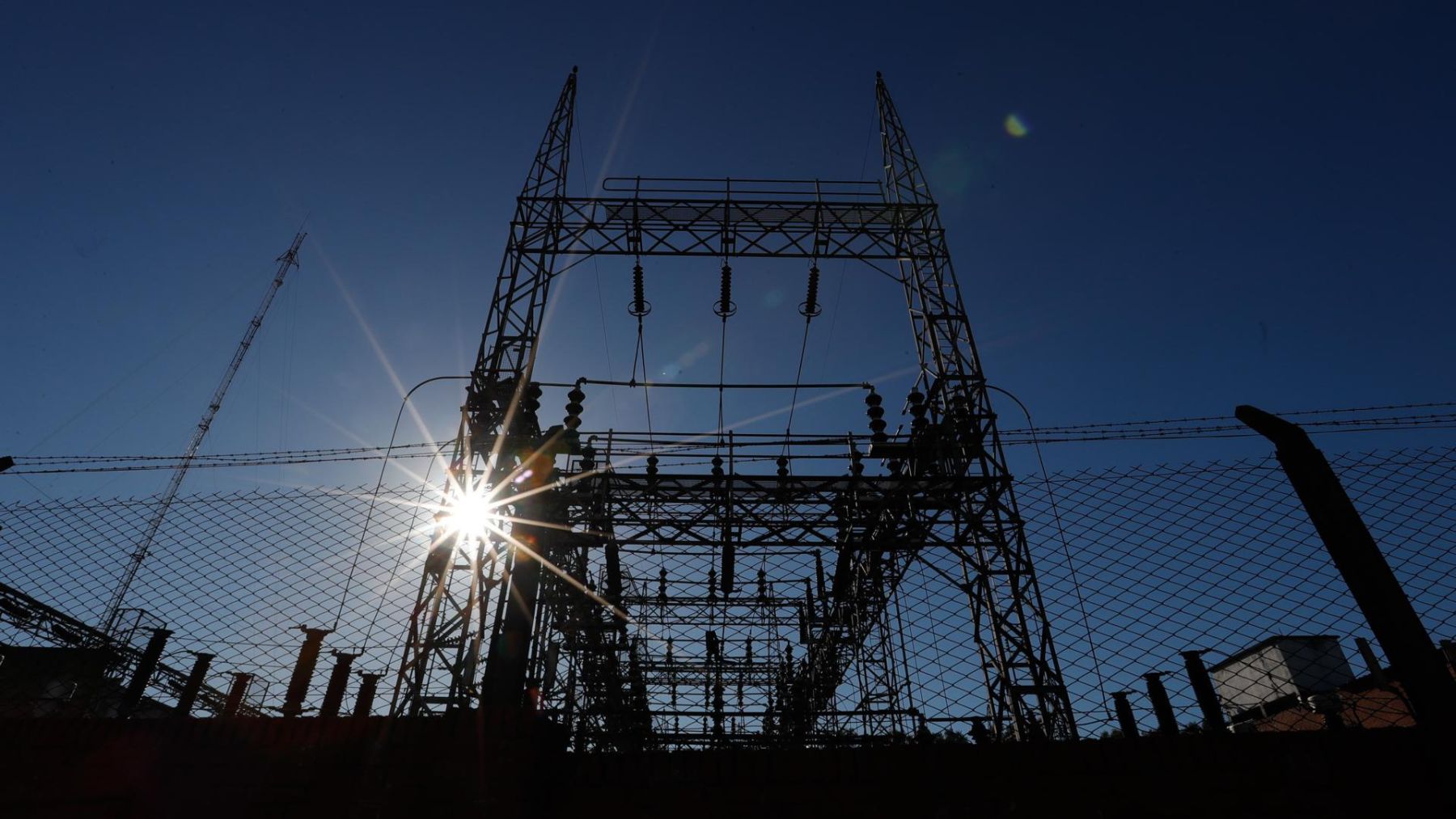After discovering the true relationship between renewable energies and power outages, France has the perfect tactic to avoid the appearance of one blackout in Europe. In most cases, this word conjures up chaos, disorder and uncertainty. People have already gotten used to life surrounded by light and energy, so the idea of spending a day without the usual comfort seems like a chaotic scenario without a future. In fact, it can have serious consequences both for humanity’s daily lives and for the economy.
A blackout consists of a temporary interruption of the supply of electrical energy in a certain area. The reasons that cause this can be diverse: from accidents to transmission line failures, system overloads and human error. Whatever the cause, the consequences can be truly devastating.
The problem is not just the lack of light. It also hurts the economy (interrupting commercial and industrial activities), has health consequences (interrupting essential medical services), increases crime (creating an environment conducive to robberies and assaults) and causes communication problems (interrupting proper operation of telephones, internet and other means of communication).

France has the perfect solution to the power outage: Europe will thank you
The green hydrogen industry has disrupted the balance of the electricity grid France. Lhyfeone of the world’s pioneers in the production of green and renewable hydrogen for mobility and industry, has currently become one of the agents contributing to the stability of the French network, in particular by providing a response service to demand and marketing in the secondary reserve market. This is made possible by the flexibility of the production centers.
In this way, France aims to end blackouts and thus provides an important lesson Europe. These balancing services, which have not yet been provided by any hydrogen producer, will contribute to improving the efficiency of the network, making it easier the integration of renewable energy sources and will reduce the ecological impact and costs of energy consumption Lhyfe. Furthermore, they confirm the potential of renewable green hydrogen as an important player in the current energy transition.
Providing demand response is a system that helps ‘shed’ some of the demand for electricity during periods of high demand on the electricity grid. This method encourages certain users (individuals, companies or industries) to do so temporarily reduce your energy consumption. The aim is to reduce the load on the network to avoid power outages or supply problems, especially in times of higher consumption (for example in winter or summer during heat waves).
Europe is closely watching France’s moves: this is its strategy to avoid power outages
The grid operator pays participating users who choose to voluntarily reduce their electricity consumption. Therefore, demand response is a low-carbon solution that benefits the environment and grid stability. Taking into account the potential of your activity in this area, Lhyfe has entered into an alliance with Energy pool to take advantage of the flexibility of some of its production centers in Francefor a period of 5 years from 2025.
This collaboration focuses mainly on the centers of Buléon, Bessières and Le Cheylaswith a combined capacity of 30 MW. An important milestone for Lhyewhich constantly tries to optimize its energy consumption for two reasons: to contribute to the energy transition by stabilizing the network, and to reduce the cost of its energy consumption, thus having a beneficial impact on the price of green H.
Hand in hand with the green hydrogen industry, France hopes to prevent blackouts. A good example for the rest Europeespecially for Spain, where the renewable energy power outages are affecting, with 800 negative hours.

